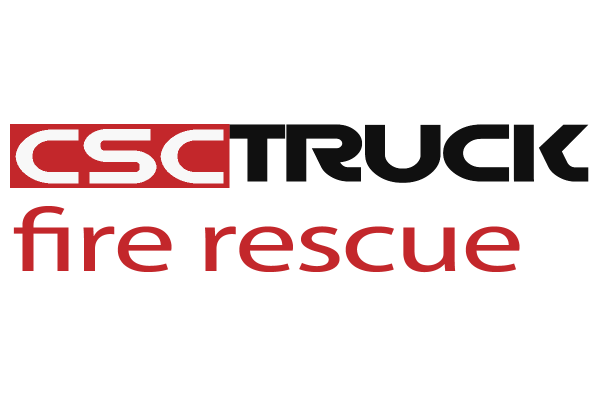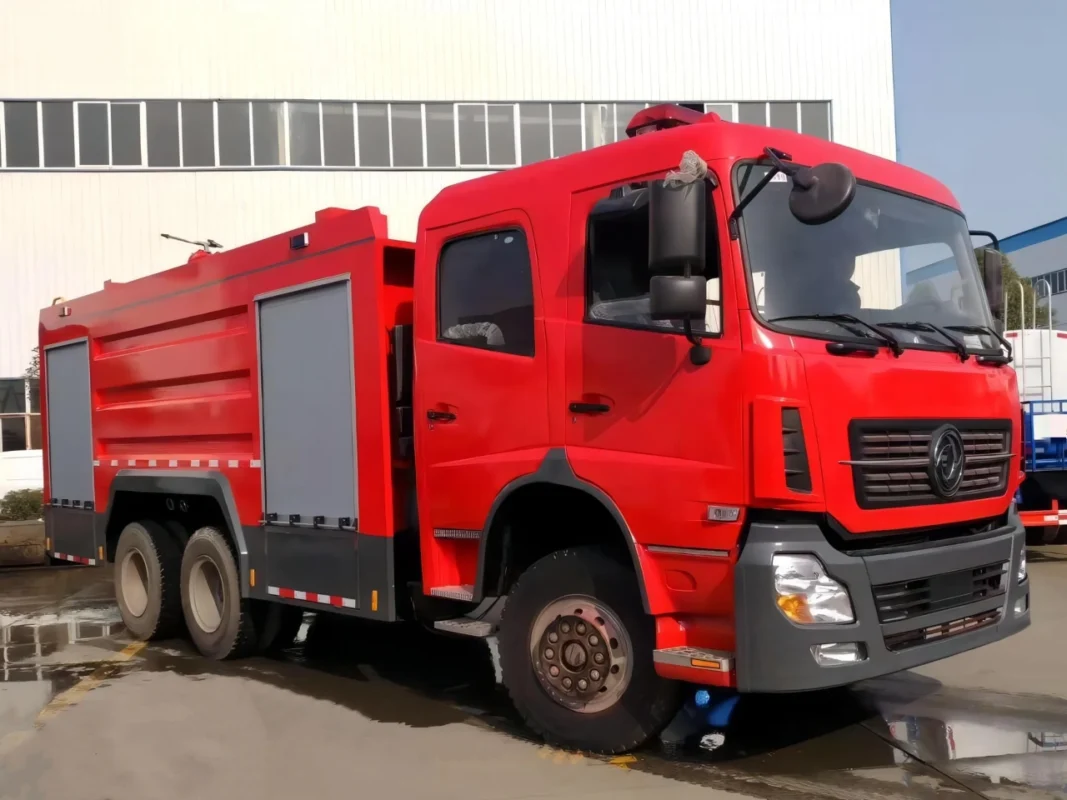Introduction
Pump trucks are essential vehicles in various industries, playing a crucial role in transporting and delivering different types of materials efficiently. From the construction sector to wastewater management, these specialized trucks offer a reliable and effective way to move liquids, concrete, and other substances over short and long distances. Understanding their purpose, design, and applications can help businesses optimize their logistics and ensure smoother operations.
What is a Pump Truck?
A pump truck is a heavy-duty vehicle equipped with a specialized pumping system designed to transfer materials such as liquids, slurries, concrete, or hazardous fluids. These trucks come in different configurations depending on their intended use, and they typically include powerful pumps, hoses, storage tanks, and control mechanisms.
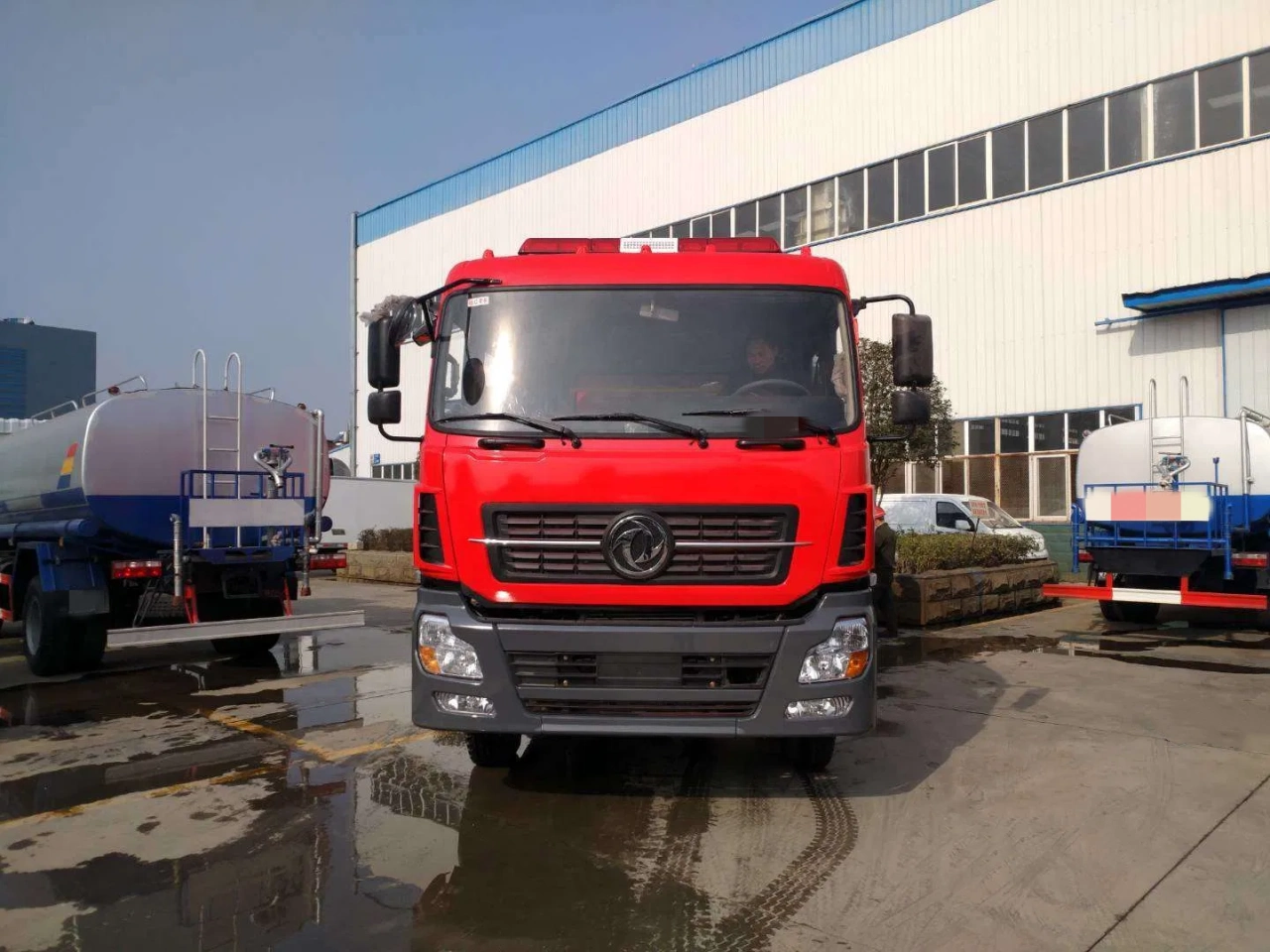
Primary Functions of a Pump Truck
The main purpose of a pump truck is to facilitate the movement of liquids or semi-liquid substances from one place to another. Some of the key functions of pump trucks include:
- Efficient Material Transfer Pump trucks provide a fast and efficient way to transfer liquids or slurries from storage tanks, reservoirs, or other locations to their intended destinations. This reduces manual labor, improves efficiency, and minimizes the risk of spillage.
- Precision Delivery Unlike traditional methods of transporting fluids, pump trucks allow for precise control over the amount and flow rate of the material being transferred. This is particularly important in applications such as concrete pouring, chemical handling, and wastewater management.
- Enhanced Safety Handling hazardous or volatile liquids can be dangerous without the right equipment. Pump trucks are designed with safety features that prevent leaks, spills, and contamination, making them essential for industries that deal with corrosive, toxic, or flammable substances.
- Reduction of Manual Labor The use of pump trucks reduces the need for manual labor when moving heavy or hazardous materials, increasing operational efficiency and lowering the risk of workplace injuries.
Types of Pump Trucks and Their Applications
There are different types of pump trucks designed for specific applications. Below are some of the most common types and their uses:
1. Concrete Pump Trucks
Concrete pump trucks are widely used in the construction industry for transporting and pouring concrete with precision. They come in 2 main types:
- Boom Pump Trucks: Equipped with a hydraulic arm (boom) that extends to deliver concrete at specific locations, even at great heights.
- Line Pump Trucks: Utilize hoses and pipes to pump concrete over longer distances or through narrow spaces. These trucks help improve construction efficiency, reduce waste, and ensure even distribution of concrete.
2. Vacuum Pump Trucks
Vacuum pump trucks, also known as vacuum tankers or suction trucks, are used for extracting and transporting liquids, sludge, and other waste materials. They are commonly used in:
- Septic tank cleaning
- Industrial waste disposal
- Oil spill recovery
- Municipal wastewater management. These trucks are essential for maintaining hygiene and environmental safety.
3. Fuel Pump Trucks
These trucks are designed for transporting and dispensing fuel, such as gasoline, diesel, or aviation fuel. They are equipped with precision metering systems to ensure accurate fueling operations. Fuel pump trucks are crucial in:
- Aviation refueling
- Construction and mining equipment fueling
- Emergency fuel supply services
4. Fire Pump Trucks
Fire pump trucks, commonly known as fire engines, are specialized vehicles equipped with high-capacity water pumps and hoses for firefighting. They play a critical role in emergency response by supplying water from onboard tanks or external water sources to extinguish fires quickly.
5. Chemical and Corrosive Material Pump Trucks
These trucks are used to transport hazardous chemicals, acids, and other corrosive substances safely. They are built with corrosion-resistant materials and advanced safety mechanisms to prevent leaks and spills.
6. Water Pump Trucks
Water pump trucks are used for transporting and dispensing water in areas with limited water supply. They are essential for:
- Irrigation in agriculture
- Dust suppression in construction and mining
- Emergency water supply in disaster-stricken areas
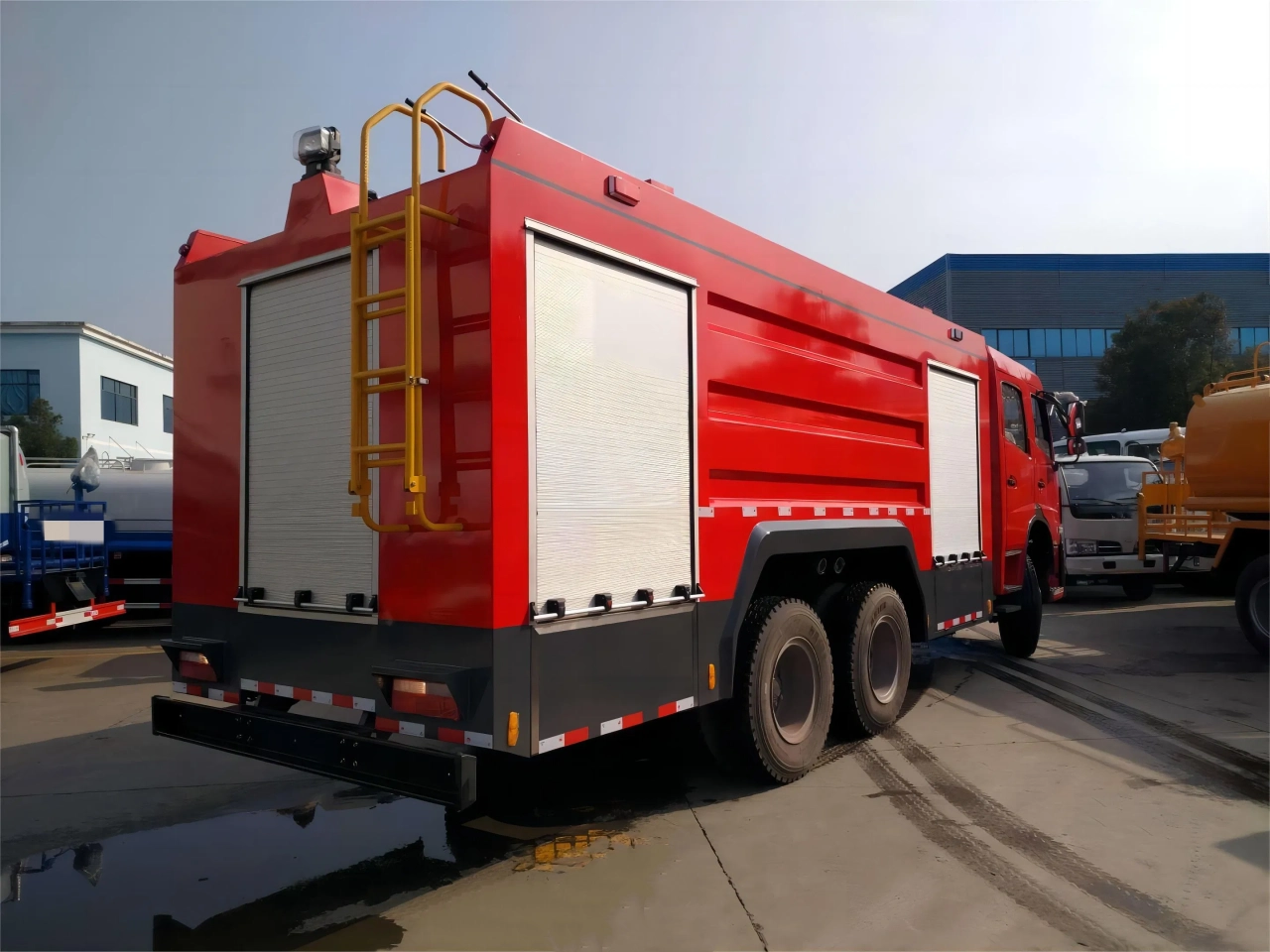
Key Components of a Pump Truck
A pump truck is made up of several essential components that work together to ensure efficient pumping operations:
- Pump System – The core component that moves materials through hoses and pipes. Pumps can be hydraulic, pneumatic, or mechanical, depending on the application.
- Storage Tank – Holds the liquid or material being transported. These tanks are designed to be leak-proof and are often made of specialized materials to handle different substances.
- Hoses and Pipes – Allow for flexible delivery and suction of materials. The length and type of hose vary depending on the truck’s purpose.
- Control System – Includes valves, meters, and digital controls to regulate the flow rate and pressure of the pumped material.
- Chassis and Engine – Provides mobility and power for the pumping system, ensuring the truck can operate efficiently in different conditions.
Benefits of Using Pump Trucks
Pump trucks offer several advantages over traditional material handling methods:
- Increased Efficiency: Automating the material transfer process reduces labor costs and speeds up operations.
- Improved Safety: Designed with safety features to handle hazardous materials with minimal risk.
- Cost-Effectiveness: Reduces waste and ensures precise delivery of materials, saving resources.
- Versatility: Can be used in multiple industries, from construction to environmental services.
- Eco-Friendly: Minimizes spills and contamination, helping maintain environmental safety.
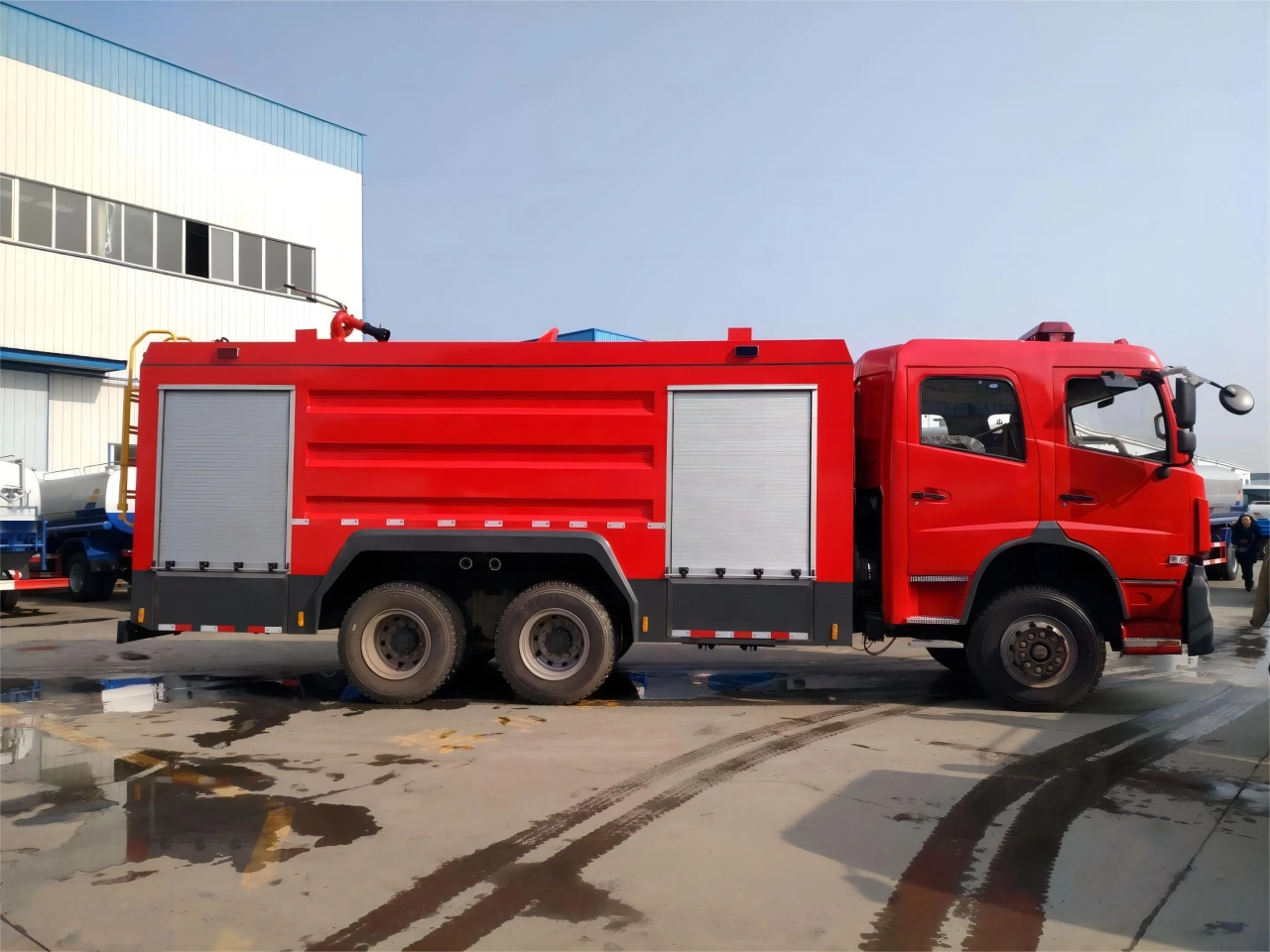
Conclusion
Pump trucks are indispensable in modern industries, providing an efficient, safe, and reliable way to transport and handle various liquids and semi-liquids. Their specialized designs cater to specific needs, ensuring optimal performance in construction, fuel distribution, wastewater management, and emergency response. As technology advances, pump trucks continue to evolve, offering even greater efficiency and sustainability in their applications. Understanding their purpose and benefits can help businesses make informed decisions on selecting the right pump truck for their needs.
